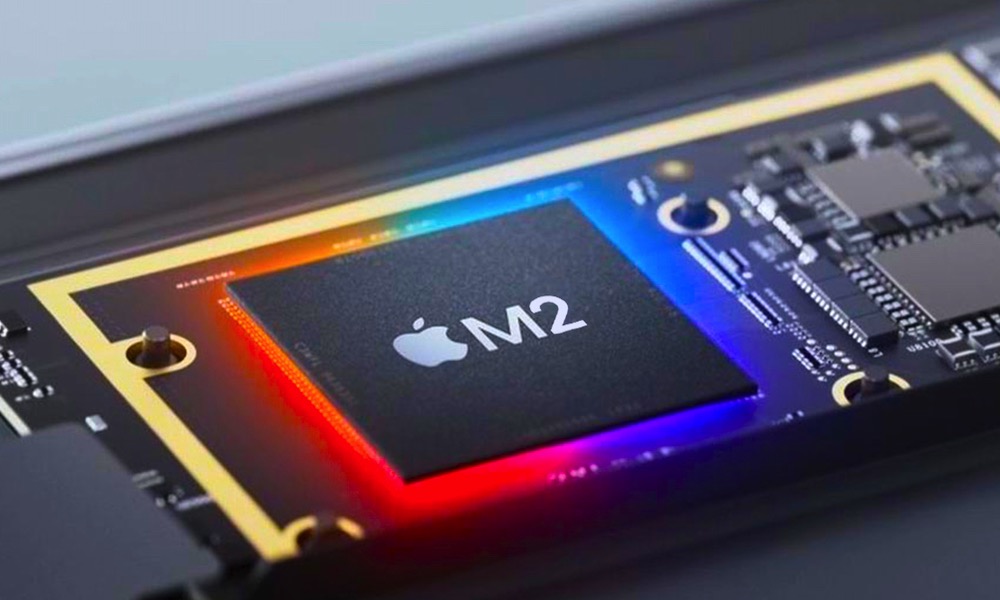Surging Chip Costs Mean Apple Products Might Soon Become Even More Expensive
 Credit: Apple / iSpazio
Credit: Apple / iSpazio
Toggle Dark Mode
In the midst of a global shortage of chips and rising production costs all around, it looks like the price of consumer electronics may be going up, and Apple customers could be hit even harder by these changes.
Reports have been circulating since earlier this year that Apple products may be delayed due to problems getting enough chips to build them, but more recently we’ve also been hearing that the prices of these chips are going up too.
When it comes to the supply of the A-series and M-series SoCs that power its iPhones, iPads, and Macs, Apple is generally in a good place, since it has the kind of buying power that keeps those chips at the front of the line. Sadly, Apple’s devices also incorporate many other chips, from Qualcomm’s 5G modem chips to an array of other integrated circuits used for everything from Wi-Fi to power management.
Ultimately, however, while Apple may still have problems sourcing these smaller chips going forward, it looks like it could be facing another obstacle for its flagship Apple Silicon chips — the rising cost of actually getting them made in the first place.
We first heard reports of this affecting the “iPhone 13” last month, but not surprisingly, it sounds like this will not only expand to other products in Apple’s lineup, but it’s probably going to become the new normal going forward.
According to Nikkei Asia, this isn’t going to be a short-term price increase. Instead, inflation caused by the global chip shortage is driving prices up across the board, and Apple’s premium fabrication partner, TSMC, is about to make its biggest price hike in over a decade.
As Nikkei notes, TSMC is already the premiere chipmaker in the world, which is precisely why Apple contracts them to make its chips in the first place. This means that their prices are already about 20 percent higher than what anybody else charges. However, they also exist on the leading edge of chip fabrication technologies, investing billions of dollars in the new manufacturing processes that are required for Apple to produce its insanely fast silicon.
For example, last year TSMC was the first to perfect the 5nm process that was required to create the A14 chip for the iPhone 12, and of course, the M1 chip that powers Apple’s newest Macs. It’s fair to say that no other chipmaker can give Apple what it needs to stay ahead of the game.
Increasing Costs All Around
It reportedly cost TSMC around $25 billion to develop its 5nm technology, and now it’s committed up to $100 billion in additional investment over the next three years, much of which will almost certainly go into building even more powerful chips for Apple’s next-generation of Macs, iPhones, and iPads.
All that money has to come from somewhere, however, and with both demand and production costs rising for every chip foundry out there, TSMC is going to have little choice but to raise its prices as well to maintain its premium.
Further, since other companies, such as Qualcomm, also use TSMC, they’re going to feel these price increases, and of course pass those higher costs on to Apple in turn.
The report says that the result will be a “noticeable” effect on retail prices for almost all consumer electronics, and some sources say that it’s the highest-end devices that will bear the brunt of it, since it’s easier to raise the price tag of a flagship device than it is for an entry-level model.
The good news is that this probably won’t impact this year’s iPhone lineup, since Apple and TSMC already have a contract in place for the A15 chip production.
While there was some fear that TSMC could raise the A15 production prices beginning in January, Nikkei suggests that likely won’t happen. TSMC is said to be trying to discourage its clients from ordering more chips than absolutely necessary so that it can optimize product line space for all of its customers. This means it’s likely willing to offer favourable terms on existing fabrication contracts to prevent companies from trying to stock up now, fearing a future price increase.
Apple has also likely already booked production and signed deals for the M1X coming to this year’s high-end MacBook Pro models, and possibly even the M2 chips expected to debut in a redesigned and more colourful MacBook Air early next year.
Beyond that, however, the price increase will almost certainly impact next year’s “iPhone 14”, since that will be a whole new production contract for Apple’s “A16” chips. It remains to be seen whether Apple will actually increase prices or decide to eat those costs in some way.
If Apple chooses to go the latter route, we may never really know the true impact of the price increase on the iPhone, as the company will likely need to cut corners somewhere in the 2022 lineup to make up for the increased chip costs.
[The information provided in this article has NOT been confirmed by Apple and may be speculation. Provided details may not be factual. Take all rumors, tech or otherwise, with a grain of salt.]






